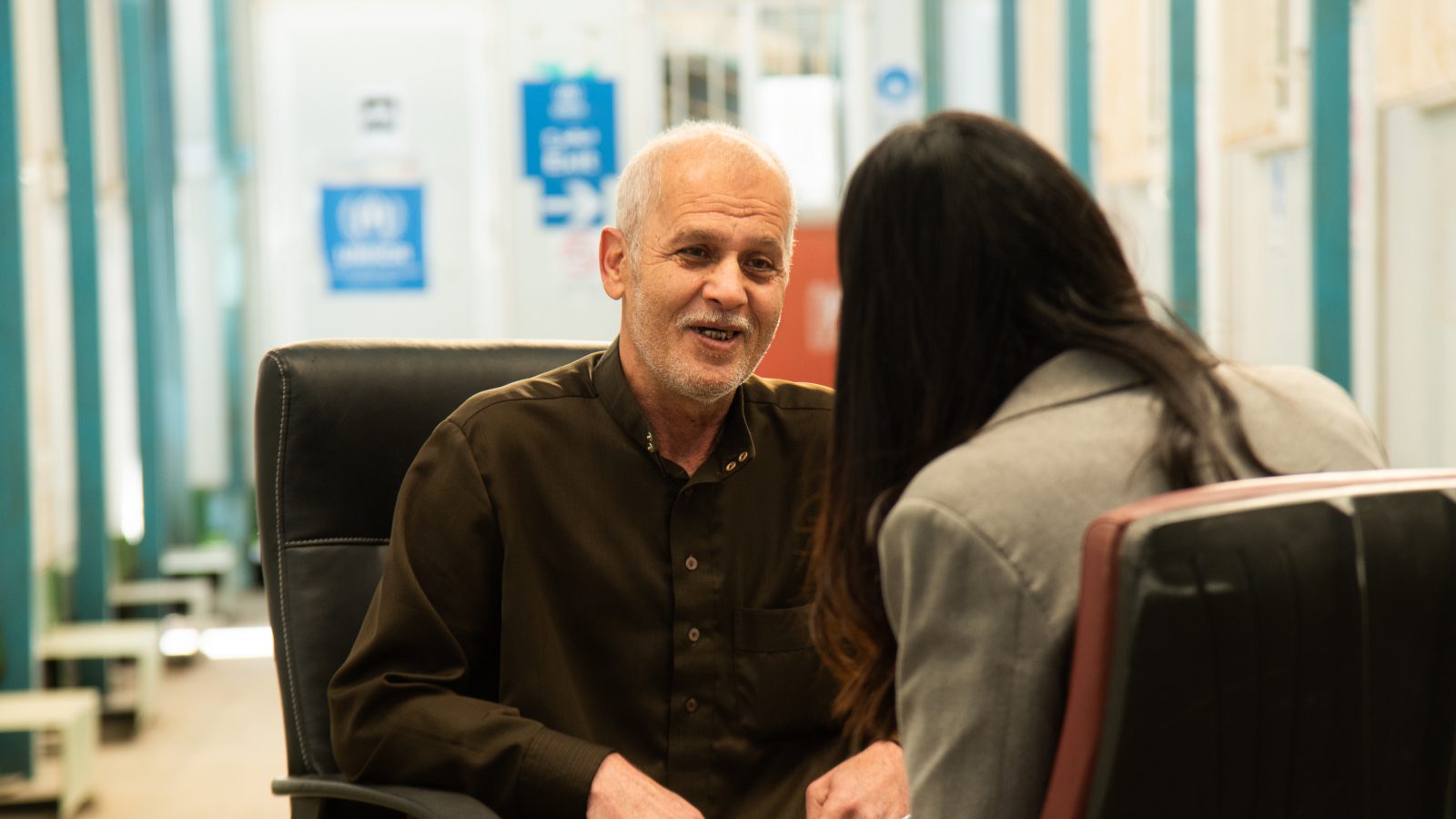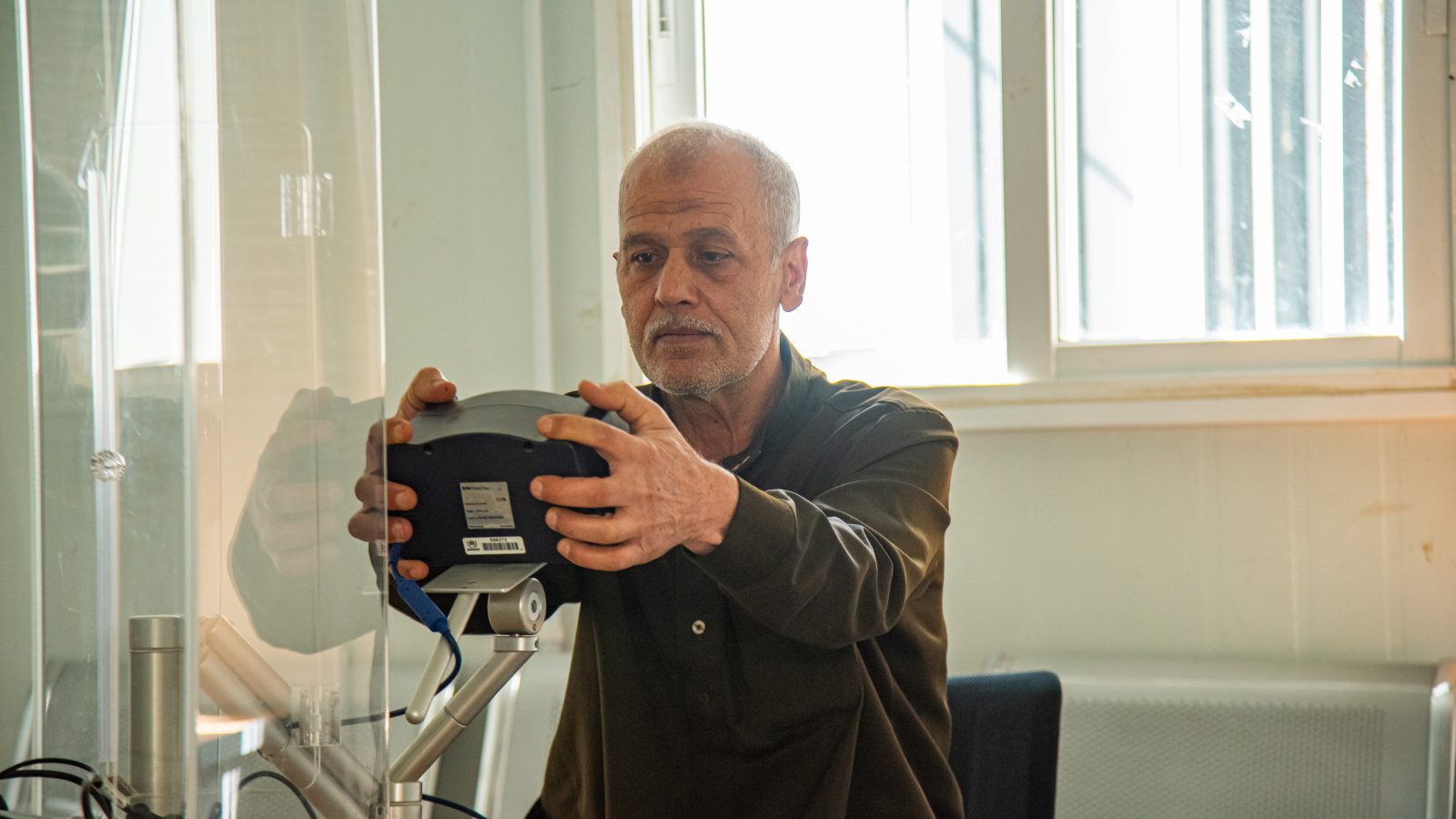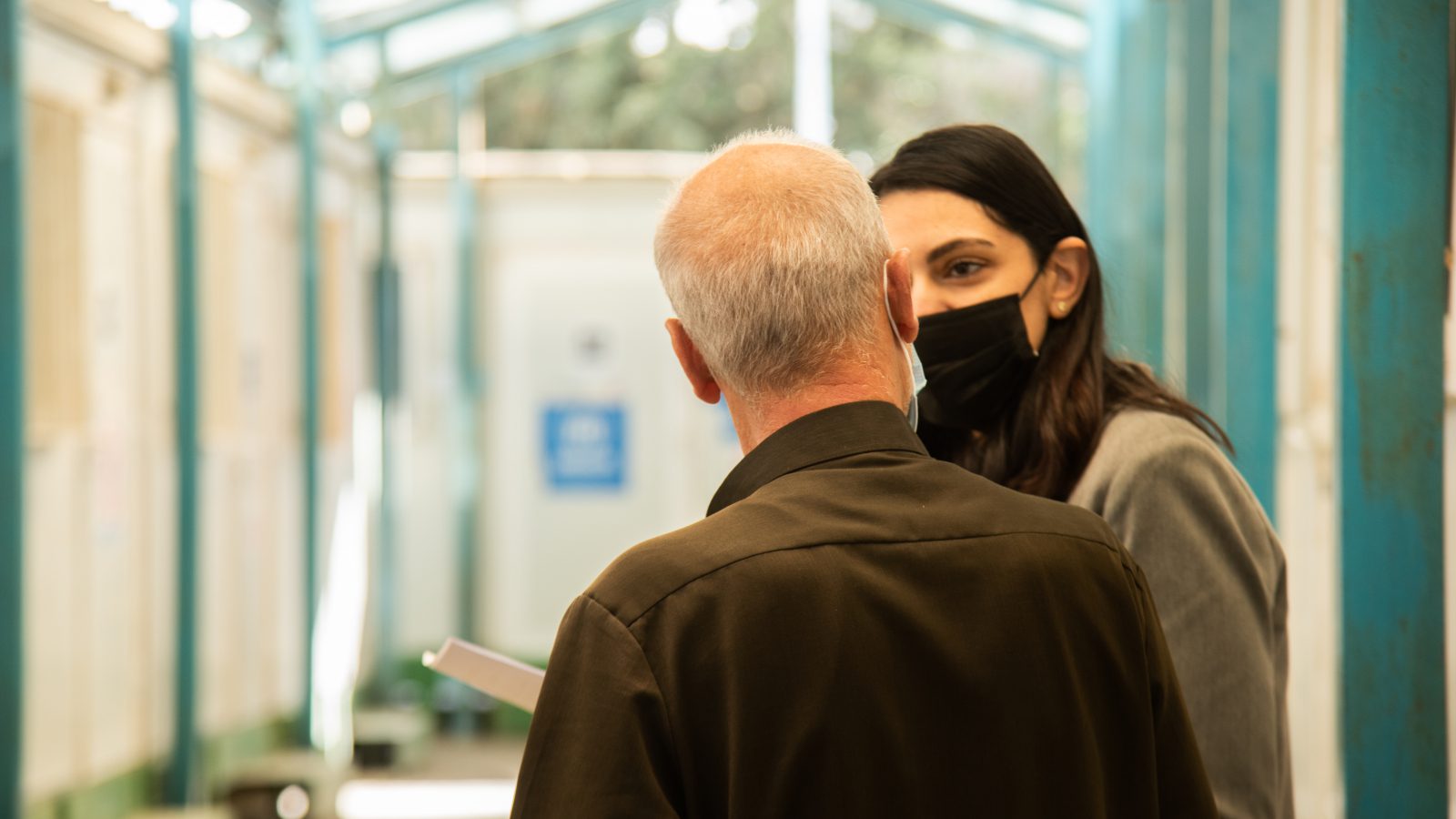Syrian refugee’s blurred words tell unwanted memories
Mahmoud Ahmad Al-Matar is a 57 years old man who had to flee his hometown of al Houla in Homs province in war torn Syria back in 2013, and became a beneficiary of the Cash assistance programme funded by the EU. Despite his health conditions; a weak heart and a pained back that keeps him in bed rest, his most used words are “Al-Hamdulillah; Thank God.” You can immediately tell that gratitude is an emotion he lives by. But still, he has a dream which has not yet come true.
With blurred words, Mahmoud tells his story as if he wanted to hide the pain inside his memories. He asks his wife to remind him of dates and information that relate to how his family was torn apart and his house completely destroyed by the war. Even though he has three daughters and two sons, only one daughter and a son are currently living with him, besides his wife who has been sick for the past six years. Doctors have been unable to diagnose his wife’s illness which adds to the family’s strife. Mahmoud says that his family was lucky to have spent only one day in Al-Zaa’tari refugee camp upon arriving in Jordan. They were able to move into a house in the capital Amman the next day. “My two daughters in Syria are married and thankfully living in a safe place with their families,” Mahmoud says. “However, my heart breaks when I think about my son and two grandchildren who still live under siege and in extreme poverty.” At that moment, Mahmoud turned into an anxious grandfather whose ultimate wish is to reunite with his grandchildren, keep them safe from any harm, and have them living in dignity.
Unable to work
Having had multiple major surgeries, including back surgery in Syria, a heart catheter two years ago, and most recently suffering a heart attack, Mahmoud is unable to go to work. His son Taha, who is in 8th grade, was recently compelled to drop out of school because it required him to travel a long distance which incurred transportation costs. He instead worked at a local supermarket where he earned 2 JOD (2.6 Euros) a day. Eventually, the school principal encouraged him to go back to school.
Mahmoud receives monthly cash from the EU Regional Trust Fund in Response to the Syrian Crisis (EUTF Madad) which helps him meet some of the household’s basic needs as well as purchase his own very expensive yet necessary heart medication. The EU Trust Fund seeks to provide effective, fast and flexible funding to address the ever-changing and evolving needs of children and families in Syria’s neighbouring countries.
Searching for a better life
Today, Mahmoud is looking for an immigration opportunity to any European country, an idea which he thought would never cross his mind. “I am looking for health security; I want to be able to have my medicines and my health back. I want my wife to get better, and my son to get the right education and not drop out of school. I want him to live and play like a normal child should.” These words conclude Mahmoud’s story and the story of thousands of Syrian refugees whose lives were changed forever when they fled the war, but live in the hope to see their families united, safe and happy once and for all.
The EU and its Member States are the leading donors of international aid to those affected by the conflict in Syria. Since the start of the crisis in 2011, the EU has mobilised more than €25 billion to support the most vulnerable Syrians inside the country and across the region. The EU has organised, over 5 consecutive years, from 2017 to 2021, conferences supporting the future of Syria and the region. These have been the main pledging events for the Syria crisis.
In 2021, the European Commission mobilised over €141 million in humanitarian aid to provide vital assistance to millions of people inside Syria. Adding to its initial allocation of €130 million, the Commission provided over €10 million to support people suffering from the severe water crisis and drought in northern Syria. The funding also helps support people throughout the winter. An additional €1 million was allocated for COVID-19 response.

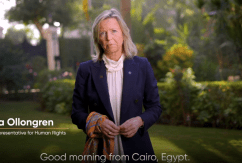
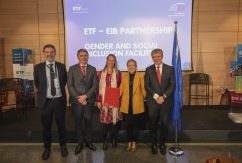
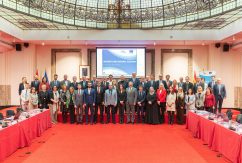




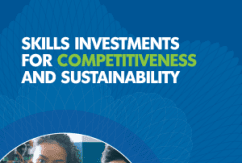
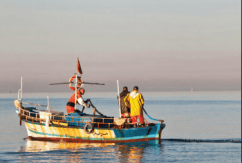
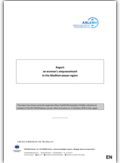
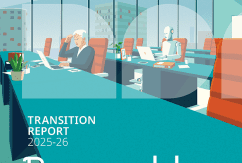



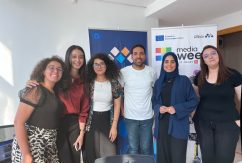












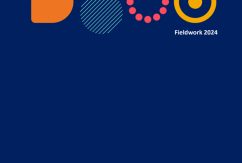
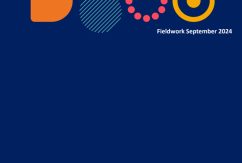
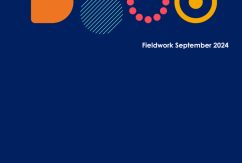
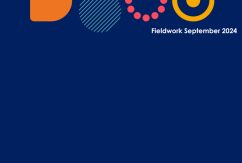

 Syria
Syria 